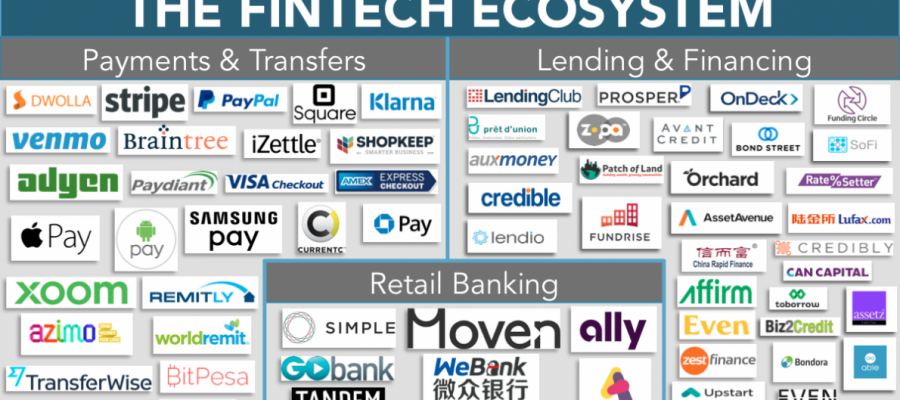With significant risks continuing to swirl around financial markets, many people are understandably reluctant to invest at present. But we should remember that share markets always face uncertainty – risk is a fact of life when you are investing. If we go back 20 years, things were much worse in 1990 than they are now, and markets have done fine since.
2010 might seem rough, but 1990 was no picnic for investors, or workers either. Considering the situations vacant section in The Dominion could fit on one page, just getting a job was an achievement.
The unemployment rate in 1990 was 8.9%, commercial property prices were collapsing, GDP was shrinking and we were in recession. Inflation was 7.9% and the floating mortgage rate stood at 14.9%. Our share market had halved in value over the previous three years.
Then, just when you thought it couldn’t get much worse, in August 1990, Saddam Hussein invaded Kuwait sending our share market down another 30%. Soon after, the BNZ needed recapitalising by the government. Then we went through what the UK is facing now, massive budget cuts, needed to fix a very sick looking set of public accounts. Our economy, already suffering, rolled over. GDP shrunk by 2% and unemployment went to 11%. Those were the days.
In the midst of all this terrible news, the NZ share market quietly found a bottom in early February 1991 – from memory it was on, or soon after, the day the Americans crossed the border into Kuwait.
People who had the fortitude to invest in shares during this maelstrom of bad news over 1990 have had a good run over the past 20 years. NZ shares are up 320%, NZ house prices by 380% and Australian shares have gained an impressive 565%.
In fact, all assets did well. Fixed income, represented here by 6-month deposits, returned 6.8%pa before tax and 4.8%pa after tax, still well clear of inflation, which rose 2.2%pa.
Turning to today, what is the chance that returns over the next 20 years will look similar to those over the past 20 years?
Today, like in 1990, investors have plenty they can worry about. Sovereign risk, debt, budget deficits, inflation, deflation, war, weak house prices, rising interest rates, volatile share markets, oil slicks and so on.
It is impossible to predict how all of this will impact on markets and future returns but we could be looking at 8% a year or so from shares and property, and perhaps 6% from fixed income. Some readers will recoil at this. After all, who would invest in shares and property with the expectation of earning a measly 8% return?
I certainly hope to earn more than 8% a year from my share investments. But I know that the market is going to struggle to give me any more than that. Any extra return will come from picking good quality stocks, and having the patience and fortitude to pick them up cheaply during those inevitable bouts of market weakness, when good companies, like babies, often get thrown out with the bathwater.
We investors simply have to accept this new reality. When it comes to investment returns, 7.5% is the new 10%. Many investors are still scrambling around chasing rainbows trying to find ‘alternative’ investments like hedge funds, commodities and the like that can potentially deliver something like the 1990-style ‘10%-risk-free return’. It seems that some people will do anything to avoid buying shares.
But shares still offer reasonable value. Dividend yields are in many cases higher than deposit rates, and are available from good quality companies that should be able to grow this yield over time.
A considered and careful approach is important, but investors who buy gradually, seek to use periods of market weakness to their advantage to accumulate good quality companies, take a long-term view and, most of all, have realistic return expectations, can continue to invest in shares with a reasonable degree of confidence.
For sure, coming years will see the usual mix of volatility, risk and scary events, but by 2030, 2010 may end up looking a lot like 1990 does today.


